
El Haouaria: The Hidden Gem of Tunisia's Cap Bon Peninsula
El Haouaria, located at the northeastern tip of Tunisia's Cap Bon Peninsula, is a captivating destination that offers a blend of natural beauty, historical intrigue, and coastal charm. Known for its picturesque cliffs and pristine beaches, this quaint town provides a serene backdrop for those looking to escape the hustle and bustle of city life. The turquoise waters of the Mediterranean Sea lap against the rugged coastline, creating a stunning contrast that will leave visitors in awe. El Haouaria is not just about scenic views; it is also rich in history and culture. The town is famous for its ancient quarry caves, known as the 'Grottes d'El Haouaria,' which were used by the Carthaginians and Romans. These historical sites provide a fascinating glimpse into the past and are a must-visit for history enthusiasts. Additionally, the town is a haven for bird watchers, especially during the spring migration when thousands of birds pass through the area. Whether you're interested in hiking, swimming, or simply relaxing on the beach, El Haouaria offers something for everyone. The local cuisine is another highlight, with fresh seafood being a staple in many of the town's restaurants. From exploring ancient ruins to enjoying a meal with a view, El Haouaria promises an unforgettable experience for every traveler.
Local tips in El Haouaria
- Visit the 'Grottes d'El Haouaria' early in the morning to avoid crowds and enjoy the caves in peace.
- Spring is the best time for bird watching as thousands of migratory birds pass through the area.
- Pack sturdy shoes if you plan to explore the cliffs and hiking trails.
- Try the local seafood dishes; the catch of the day is usually fresh and delicious.
- Bring sunscreen and a hat, as the sun can be quite strong, especially in the summer months.
El Haouaria: The Hidden Gem of Tunisia's Cap Bon Peninsula
El Haouaria, located at the northeastern tip of Tunisia's Cap Bon Peninsula, is a captivating destination that offers a blend of natural beauty, historical intrigue, and coastal charm. Known for its picturesque cliffs and pristine beaches, this quaint town provides a serene backdrop for those looking to escape the hustle and bustle of city life. The turquoise waters of the Mediterranean Sea lap against the rugged coastline, creating a stunning contrast that will leave visitors in awe. El Haouaria is not just about scenic views; it is also rich in history and culture. The town is famous for its ancient quarry caves, known as the 'Grottes d'El Haouaria,' which were used by the Carthaginians and Romans. These historical sites provide a fascinating glimpse into the past and are a must-visit for history enthusiasts. Additionally, the town is a haven for bird watchers, especially during the spring migration when thousands of birds pass through the area. Whether you're interested in hiking, swimming, or simply relaxing on the beach, El Haouaria offers something for everyone. The local cuisine is another highlight, with fresh seafood being a staple in many of the town's restaurants. From exploring ancient ruins to enjoying a meal with a view, El Haouaria promises an unforgettable experience for every traveler.
When is the best time to go to El Haouaria?
Iconic landmarks you can’t miss
Les Ruines de Carthage
Explore the stunning ruins of Les Ruines de Carthage, a UNESCO World Heritage site that reveals the rich history of the ancient Carthaginian Empire.
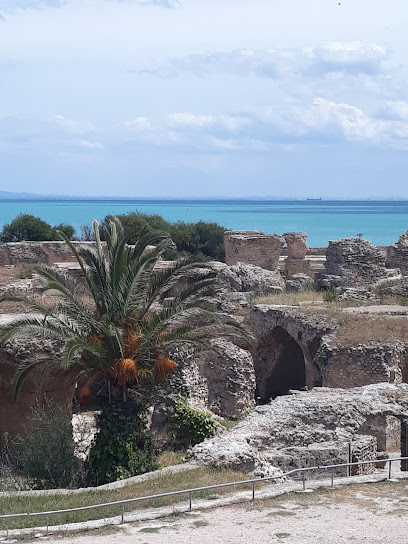
Grottes El Haouaria كهوف الهوارية
Discover the enchanting Grottes El Haouaria, a historical landmark featuring stunning caves and breathtaking coastal views in Tunisia.
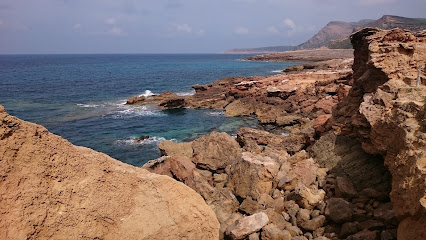
Crique El Mteris
Discover the breathtaking trails and serene landscapes of Crique El Mteris, a hiking haven in Al Huwariyah, Tunisia, perfect for nature lovers and adventurers.
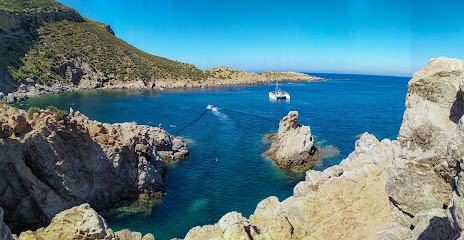
أقصى نقطة بولاية نابل
Experience the serene beauty of Acqua Nablus in Al Huwariyah, a tranquil oasis featuring stunning landscapes and cultural richness.
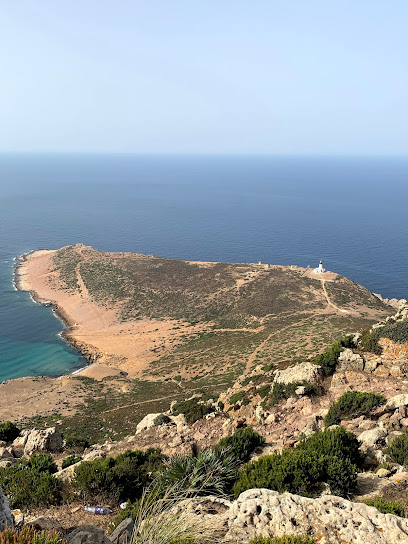
Haouaria Beach
Discover the tranquil charm of Haouaria Beach, a stunning coastal haven in Tunisia perfect for relaxation and exploration.
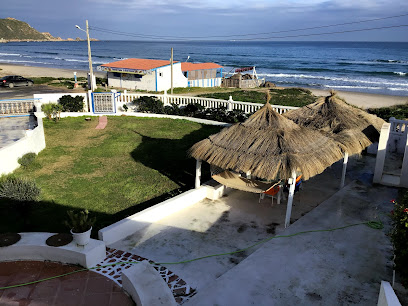
Phare du Cap Bon
Explore the historic Phare du Cap Bon, a stunning lighthouse offering panoramic views of Tunisia's breathtaking coastline and a serene escape into nature.
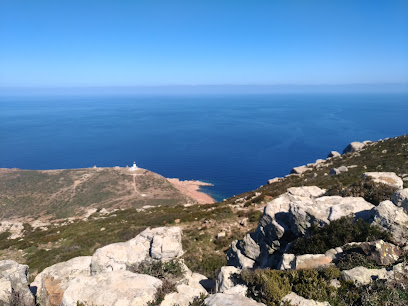
Fort Al Haouaria
Discover the historical grandeur and stunning vistas of Fort Al Haouaria, a majestic fortress overlooking the Mediterranean in Eastern Hawaria, Tunisia.
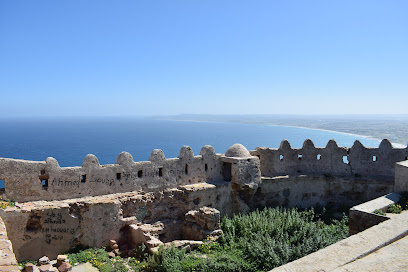
شاطئ الصخور الهوارية لحجر لحمر
Explore the scenic and serene Shat' Al-Sukhour Al-Huwariyah, a perfect escape into nature's beauty for tourists seeking relaxation.
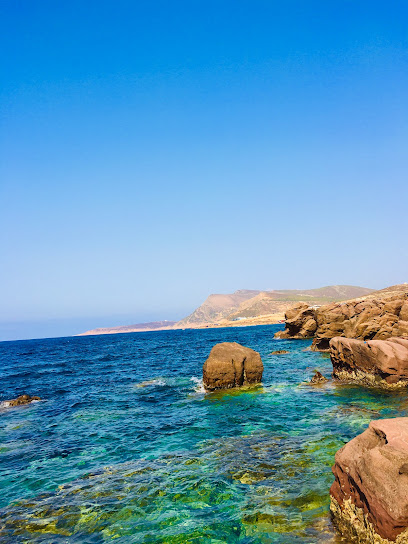
Maison d'hôte les grottes.
Explore the unique charm of Maison d'hôte les grottes in Al Huwariyah, Tunisia, where comfort meets authentic local culture amidst breathtaking coastal views.
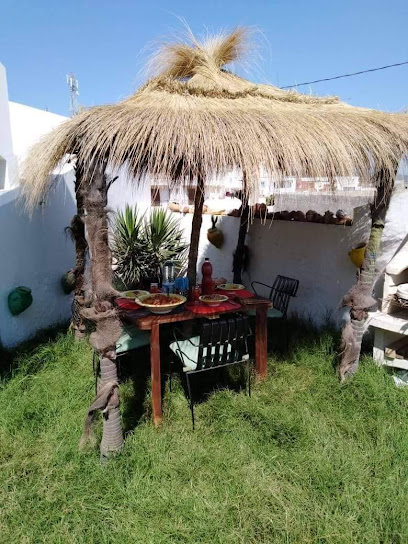
Spiaggia sulla costa
Discover the tranquil beauty of Spiaggia sulla Costa, a coastal paradise in Al Huwariyah, Tunisia, perfect for relaxation and exploration.
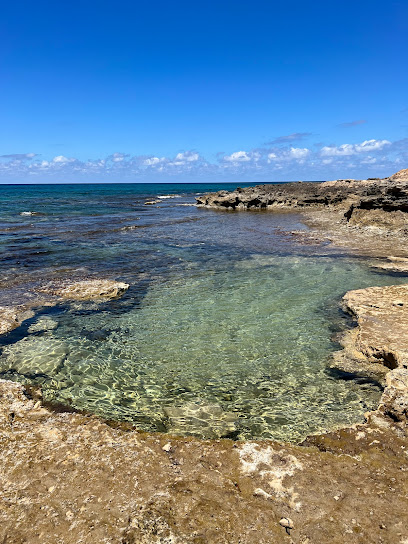
دخلة السلوڨي
Experience the natural beauty and tranquility of the Selouni Trail in Al Huwariyah, a premier hiking destination for outdoor adventurers.
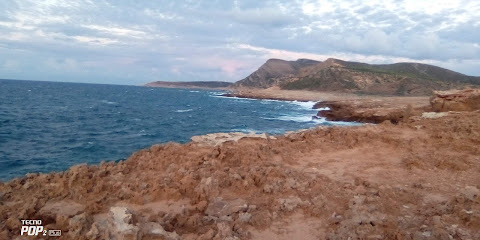
Echfarr
Explore the historical beauty of Echfarr in Al Huwariyah, Tunisia, a landmark that showcases the country’s rich cultural heritage and stunning architecture.
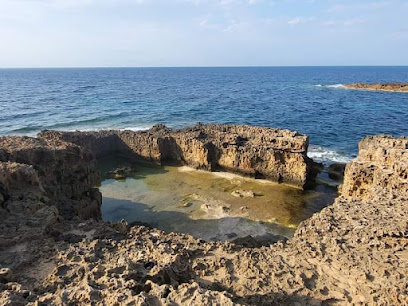
Mohamed Souayeh
Experience the serene beauty of Mohamed Souayeh Park in Al Huwariyah, a perfect escape for nature lovers and families.
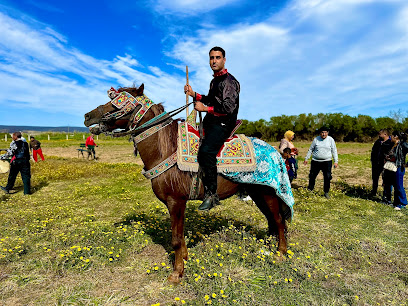
دار الامانDar Lamen
Experience the charm of Dar Lamen in Al Huwariyah, Tunisia, where culture, beauty, and hospitality converge to create unforgettable memories.
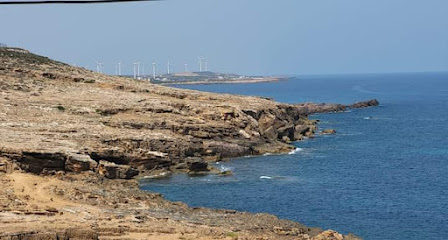
شط العين
Explore شط العين, a stunning coastal gem in Al Huwariyah, Tunisia, offering pristine beaches, breathtaking views, and serene natural beauty.
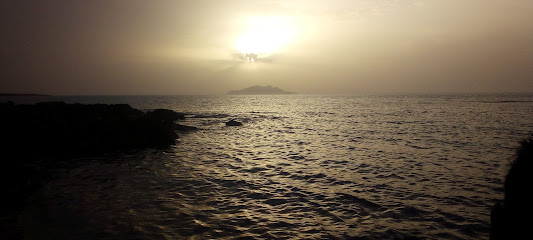
Unmissable attractions to see
Crique El Mteris
Discover the breathtaking landscapes and serene hiking trails at Crique El Mteris, a hidden gem in Al Huwariyah, Tunisia, perfect for nature lovers.
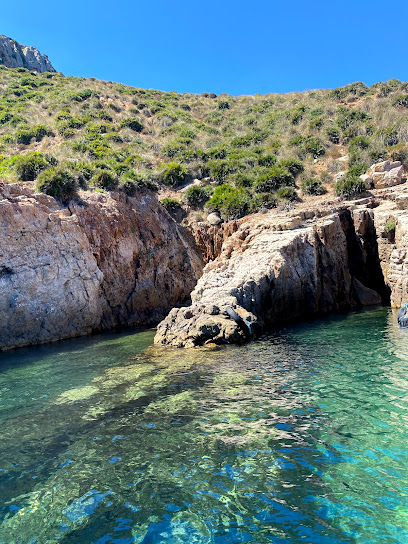
أقصى نقطة بولاية نابل
Explore Al Haouaria, Tunisia – A perfect blend of stunning beaches, rich history, and vibrant culture awaits you in this hidden gem.
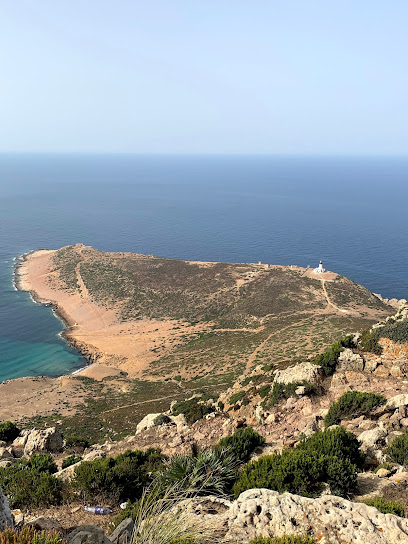
Jerbi Events El Haouaria
Discover the enchanting beauty of Al Haouaria with thrilling boat tours and unforgettable adventures at Jerbi Events El Haouaria.
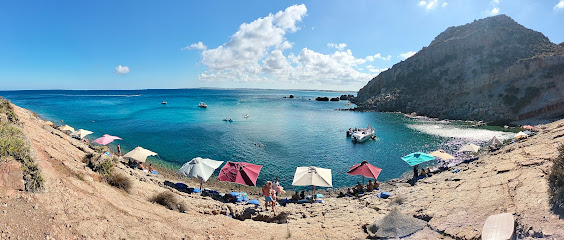
Sortie bateau à Haouaria
Discover the breathtaking coastal beauty of Haouaria with unforgettable boat trips, rich marine life, and stunning views waiting for your exploration.
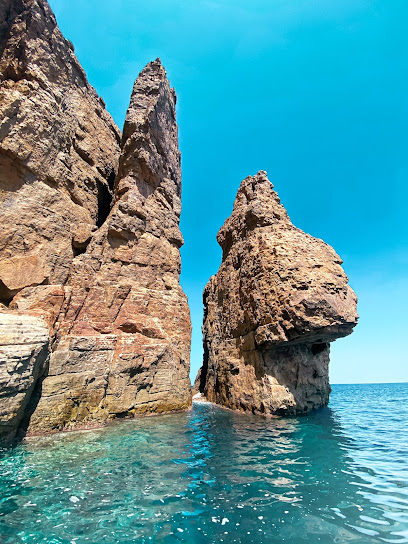
شط العين
Experience the serene coastal beauty and rich culture of شط العين, a must-visit tourist attraction in Al Huwariyah, Tunisia.
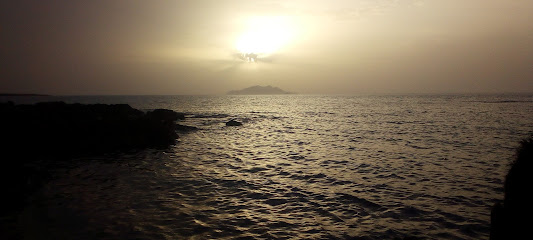
لرطال
Discover Lertal, a captivating tourist attraction in Eastern Hawaria, where breathtaking landscapes meet rich history and vibrant culture.

Essential places to dine
La Daurade Restaurant
Experience exquisite Mediterranean dining at La Daurade Restaurant in Al Haouaria with stunning sea views and authentic Tunisian flavors.
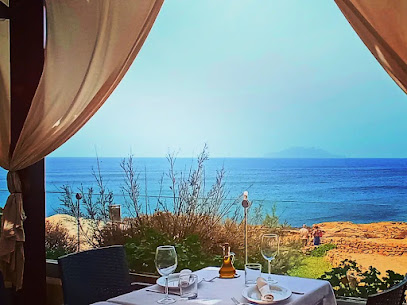
Restaurant La Source El Haouaria
Experience exquisite Tunisian cuisine at Restaurant La Source El Haouaria – where every meal is a feast for the senses.
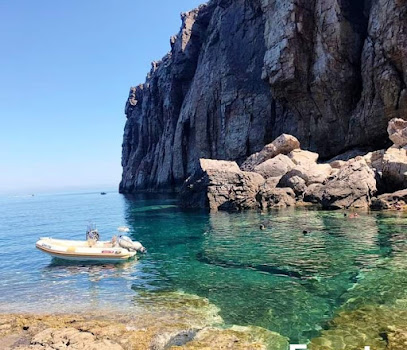
Ristorante Bellariva DALLALINA
Discover authentic Italian flavors at Ristorante Bellariva DALLALINA in Al Huwariyah - where every meal is a celebration of taste.
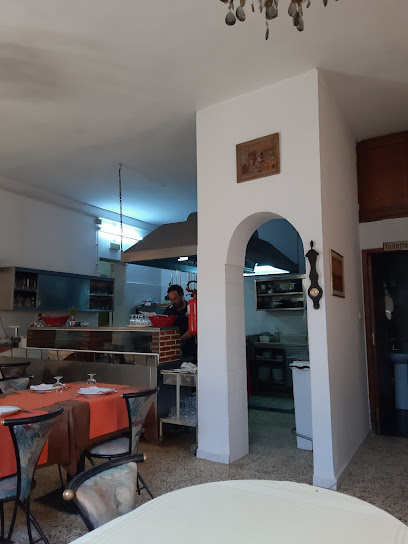
Restaurant le pêcheur - tozuer
Experience authentic Tunisian seafood at Restaurant le Pêcheur in Eastern Hawaria with stunning coastal views.
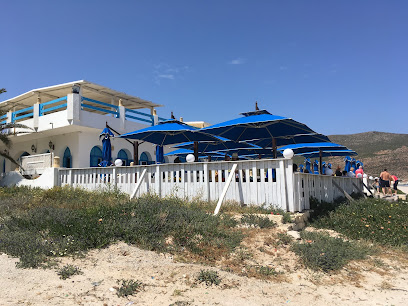
Restaurant Les Grottesمطعم المغاور
Experience authentic Tunisian flavors at Restaurant Les Grottes - where culinary delight meets breathtaking natural beauty.
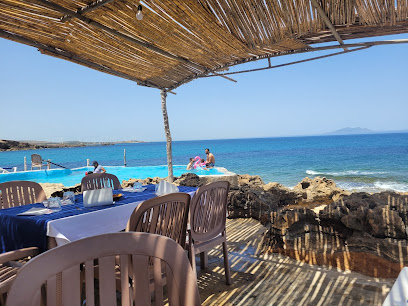
The Falcon Lounge
Discover exquisite dining at The Falcon Lounge in Al Haouaria - where modern cuisine meets traditional flavors against stunning Mediterranean views.
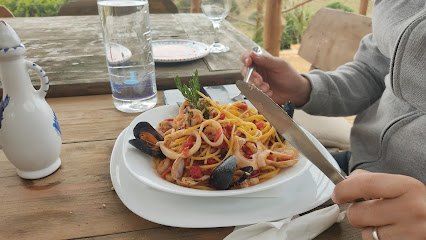
La Sirène
Experience authentic Tunisian flavors at La Sirène in Al Huwariyah – where culinary tradition meets warm hospitality.
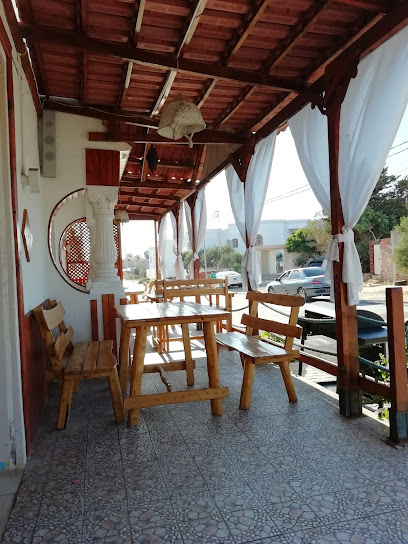
CAP BON PIZZA (Italienne)
Discover Cap Bon Pizza in Al Haouaria: Where Authentic Italian Flavors Meet Tunisian Hospitality.
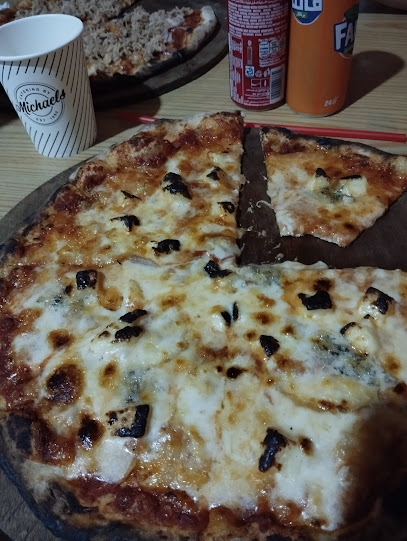
Restaurant The Falcon El Haouaria
Experience authentic Tunisian cuisine with breathtaking views at The Falcon El Haouaria - a culinary gem in Al Haouaria.
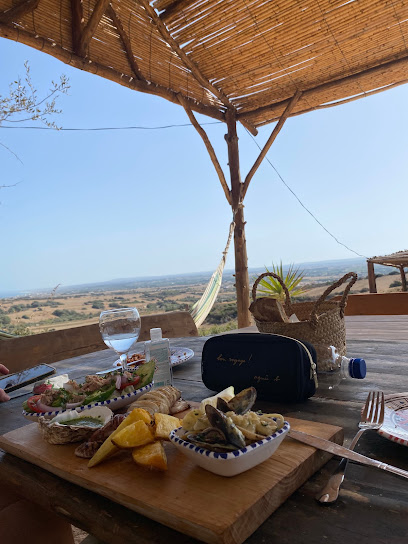
Pizzeria DIBEUR
Experience authentic Italian cuisine at Pizzeria DIBEUR in Al Huwariyah - where every slice tells a story.
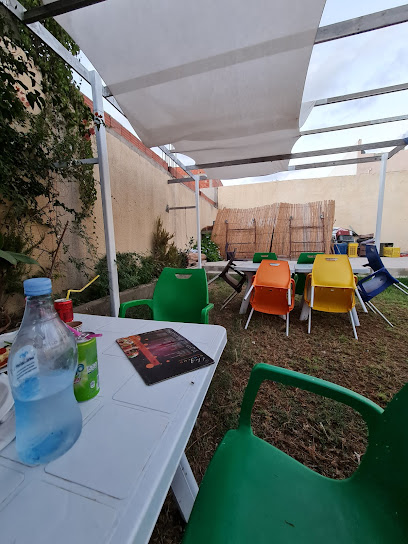
L'Aragosta
Experience the best seafood in Al Haouaria at L'Aragosta—where fresh flavors meet stunning coastal views.
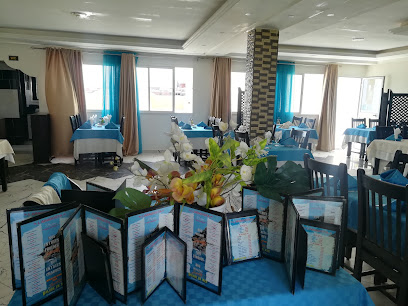
Sunset Park
Discover Sunset Park: A must-visit restaurant in Al Haouaria offering exquisite Tunisian cuisine amidst breathtaking views.
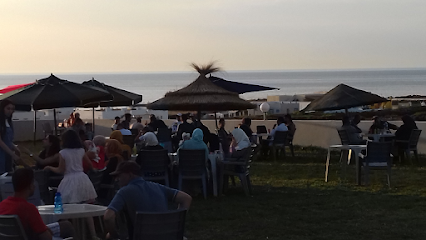
Restaurant Le Coin Perdu
Discover authentic Tunisian cuisine at Restaurant Le Coin Perdu – where every meal is a celebration of flavor and culture.
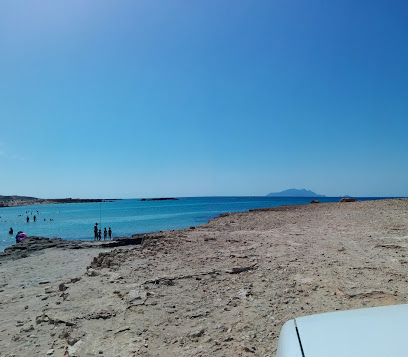
Montazeh Dar Emmima
Experience authentic Italian flavors at Montazeh Dar Emmima in Al Huwariyah - where every slice tells a story.
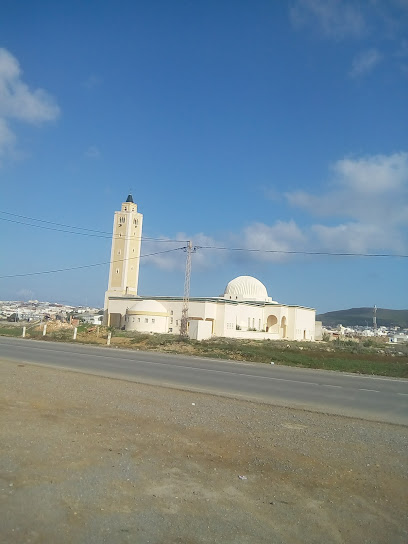
El MAESTRO - المايسترو
Experience the authentic taste of Tunisia at El MAESTRO - where every meal is a celebration of flavor and culture.
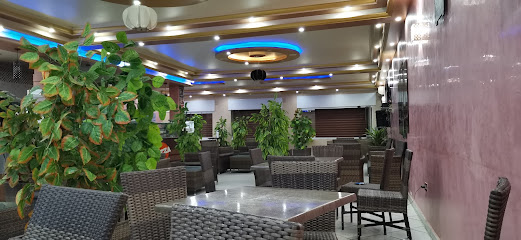
Markets, malls and hidden boutiques
Odyssée Market
Experience the vibrant local culture and taste the freshest produce at Odyssée Market in Al Huwariyah.
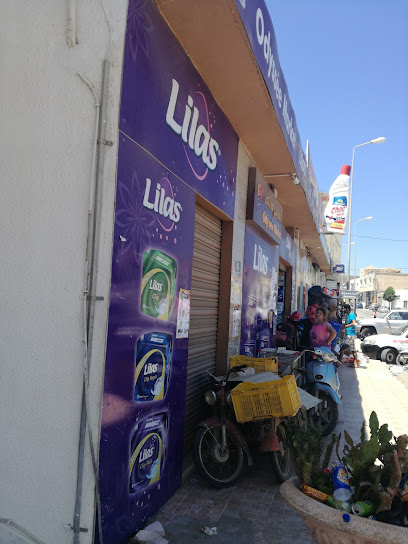
Boulangerie Hamadi Saïd
Discover the authentic flavors of Tunisia at Boulangerie Hamadi Saïd, where traditional baking meets delightful pastries and breads.
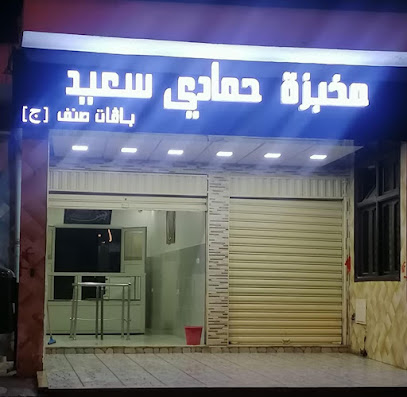
Aziza | عزيزة
Explore Aziza Supermarket in Al Haouaria for a unique shopping experience filled with local flavors and vibrant culture.

Quincaillerie SQB
Explore Quincaillerie SQB in Al Huwariyah for unique home goods and local craftsmanship that make perfect souvenirs.
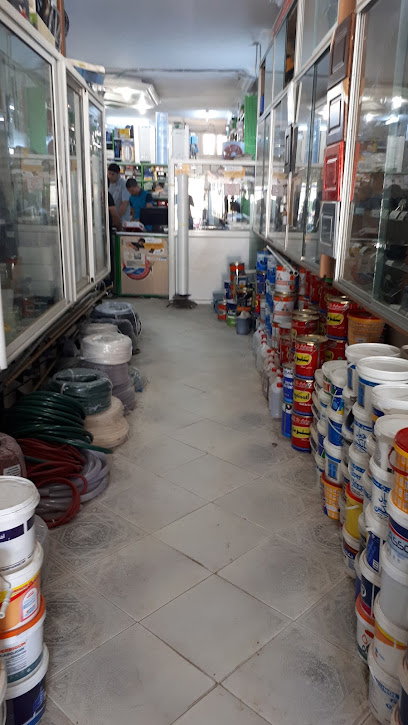
Marché Poisson
Explore the vibrant Marché Poisson in Al Haouaria, where fresh seafood and local produce come together in a colorful, bustling market atmosphere.
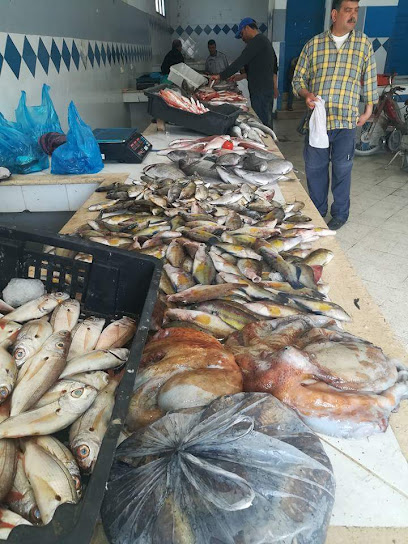
فاحات الشاوش
Discover the vibrant flavors of Tunisia at فاحات الشاوش, a charming grocery store in Al Huwariyah offering local products and culinary delights.
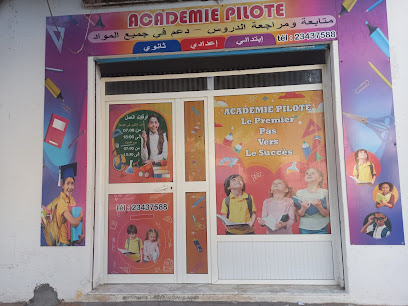
Boutique Ooredoo
Explore Boutique Ooredoo in Al Huwariyah for the latest mobile technology and exceptional service, ensuring you stay connected during your travels.
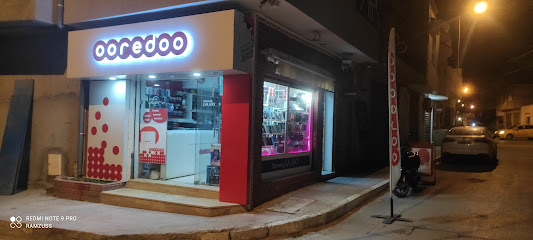
ولد رحيم للمواد الغذائية العامة
Discover convenience and local charm at ولد رحيم للمواد الغذائية العامة in Al Huwariyah, your go-to stop for essentials and snacks.
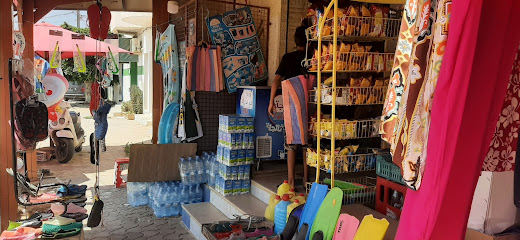
Your place
Experience the rich flavors of Al Haouaria at this charming coffee shop, where local culture meets exceptional brews.
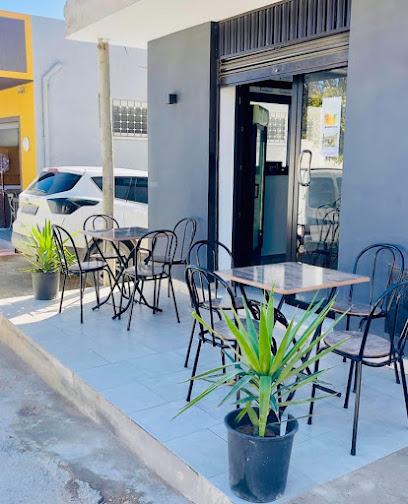
Mini chop
Explore Mini Chop, a charming store in Al Huwariyah, offering authentic Tunisian crafts and local specialties for an unforgettable shopping experience.

MSH Market
Discover the essence of Tunisian life at MSH Market, your ultimate convenience store in Al Huwariyah, filled with local delights and authentic flavors.

Hawaria
Explore Hawaria's gift shop for unique souvenirs and traditional crafts that encapsulate the vibrant culture of Tunisia.
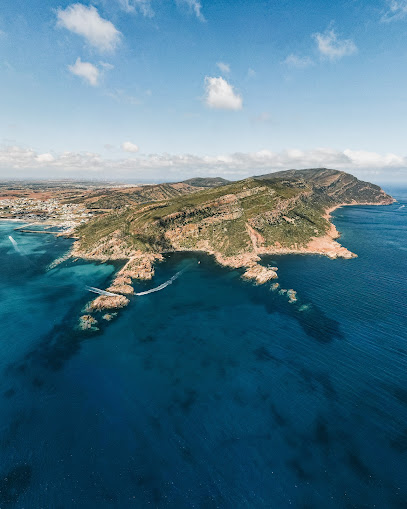
Electro Eljayez
Discover a treasure trove of home goods at Electro Eljayez in Al Haouaria, where quality and local charm come together in a delightful shopping experience.

El Mazraa Fresh Super Market
Explore El Mazraa Fresh Super Market in Al Haouaria for fresh produce and a taste of local Tunisian culture.
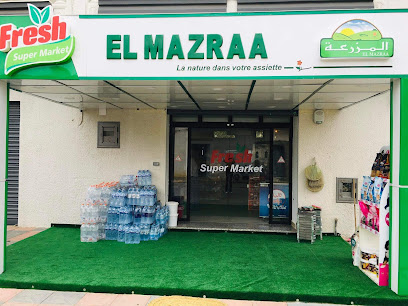
The Sailor Tunisia
Explore The Sailor Tunisia for unique handcrafted gifts and authentic Tunisian souvenirs, perfect for capturing memories of your travels.

Essential bars & hidden hideouts
La Daurade Restaurant
Experience the essence of Mediterranean dining at La Daurade Restaurant in Al Huwariyah, where every meal is a celebration of flavor and culture.
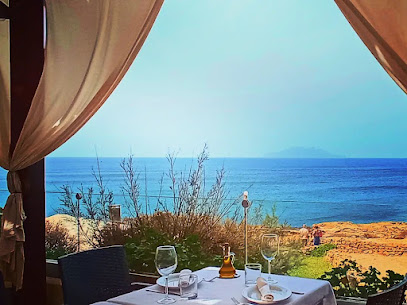
Restaurant La Source El Haouaria
Experience the authentic flavors of Tunisia at Restaurant La Source El Haouaria, where every dish tells a story of culinary tradition and passion.
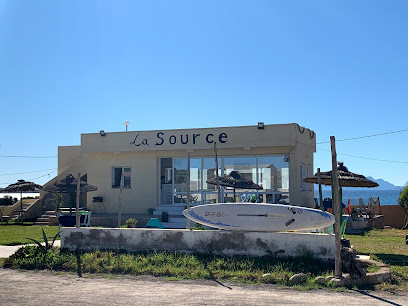
Restaurant Les Grottesمطعم المغاور
Experience the best of Tunisian cuisine in a unique cave-like setting at Restaurant Les Grottes in Al Haouaria.
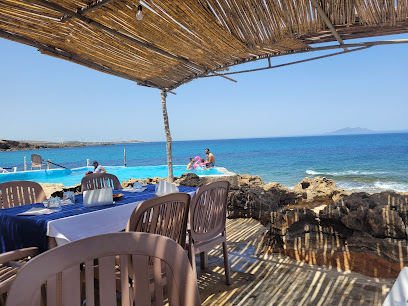
The Falcon Lounge
Discover the exquisite flavors and welcoming ambiance at The Falcon Lounge, a culinary gem in Al Haouaria, Tunisia.
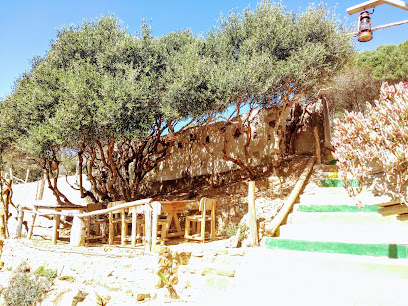
La Sirène
Discover the taste of Tunisia at La Sirène, Al Huwariyah's favorite restaurant for fresh, local cuisine and warm hospitality.
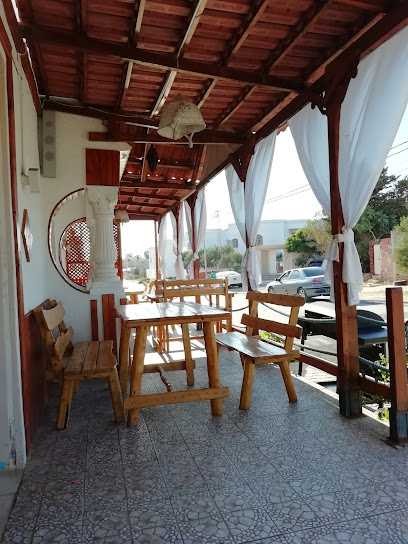
Restaurant The Falcon El Haouaria
Experience the essence of Tunisian cuisine at The Falcon El Haouaria, where every dish is a celebration of flavor and the views are simply breathtaking.
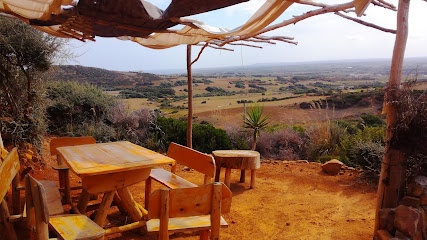
Pizzeria DIBEUR
Experience authentic Italian pizza in Al Huwariyah at Pizzeria DIBEUR, where every slice is a journey to Italy.
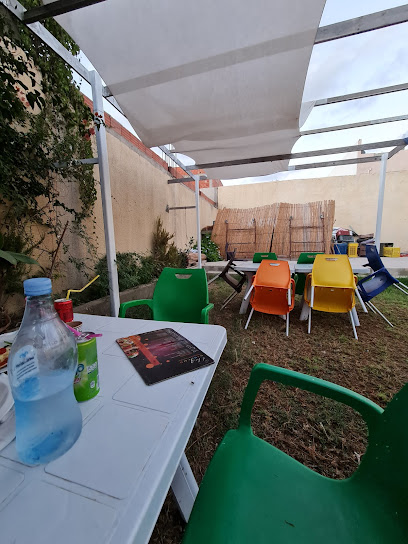
L'Aragosta
Experience the authentic Mediterranean flavors at L'Aragosta in Al Haouaria, where fresh seafood and local cuisine create unforgettable moments.
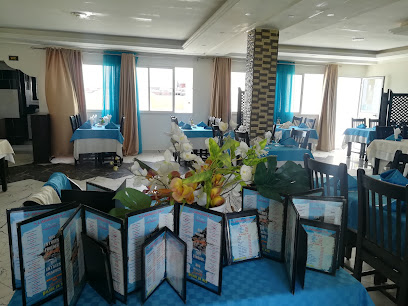
Sunset Park
Discover the culinary delights of Sunset Park in Al Haouaria, where exceptional flavors meet stunning views in a serene atmosphere.
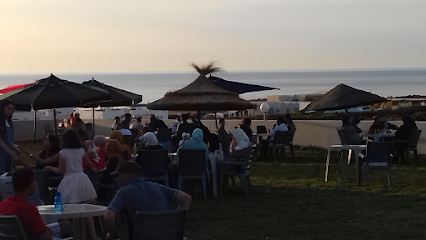
Restaurant Le Coin Perdu
Discover the authentic taste of Tunisia with delicious grilled specialties at Restaurant Le Coin Perdu in Al Huwariyah.
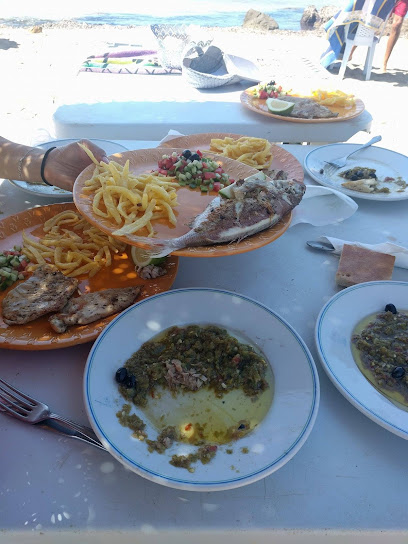
Pub jaouher
Discover the lively spirit of Pub Jaouher in Dar Allouche, where locals and tourists enjoy drinks, music, and vibrant culture in a friendly atmosphere.
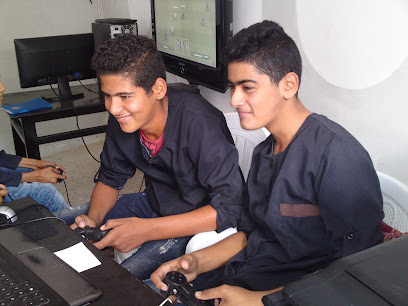
haouaria
Explore Haouaria, a charming coastal escape in Tunisia with stunning beaches, rich culture, and warm hospitality.
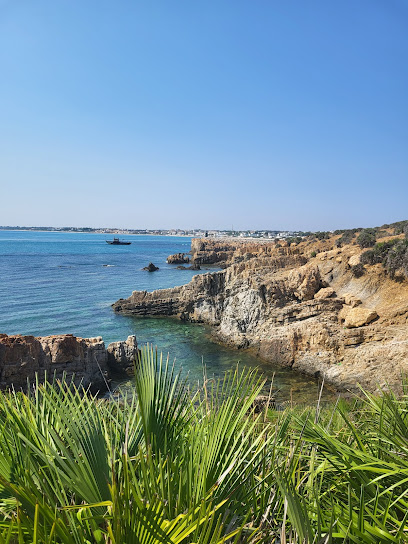
El MAESTRO - المايسترو
Experience the flavors of Tunisia at El Maestro, a charming restaurant in Al Haouaria, offering a delightful menu and warm hospitality.
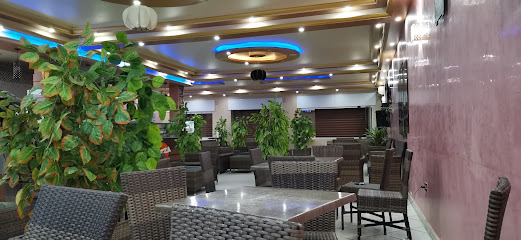
Tahricha
Discover the authentic flavors of Tunisia at Tahricha, a delightful restaurant in Al Huwariyah offering traditional dishes and a warm atmosphere.
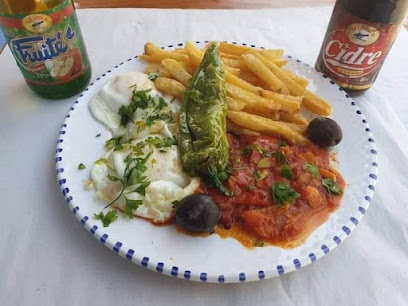
High level cafe
Discover the culinary delights of High Level Cafe in Al Huwariyah, where every dish is a celebration of flavor and community.
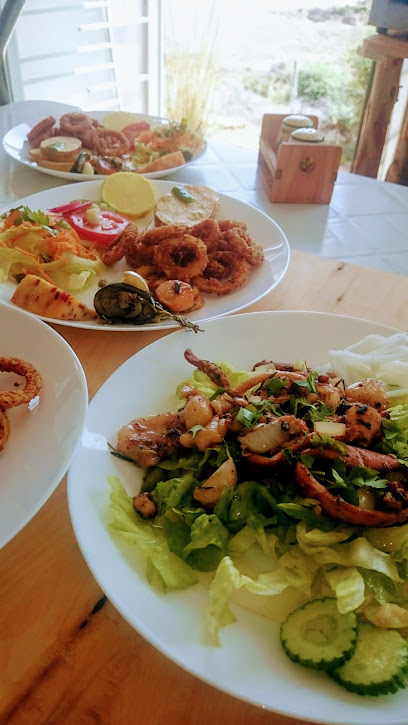
Local Phrases about El Haouaria
-
- Helloمرحبا
[marhaba] - Goodbyeوداعا
[wada'an] - Yesنعم
[naam] - Noلا
[la] - Please/You're welcomeمن فضلك
[min fadlik] - Thank youشكرا
[shukran] - Excuse me/Sorryعفوا
[afwan] - How are you?كيف حالك؟
[kayfa halik?] - Fine. And you?بخير. وأنت؟
[bikhayr. wa anta?] - Do you speak English?هل تتحدث الإنجليزية؟
[hal tatahadath al'injlizia?] - I don't understandلا أفهم
[la afham]
- Helloمرحبا
-
- I'd like to see the menu, pleaseأريد أن أرى القائمة، من فضلك
[uridu an ara alqaimah, min fadlik] - I don't eat meatأنا لا آكل اللحم
[ana la akul allahm] - Cheers!في صحتك!
[fi sahtak!] - I would like to pay, pleaseأريد أن أدفع، من فضلك
[uridu an adfaa, min fadlik]
- I'd like to see the menu, pleaseأريد أن أرى القائمة، من فضلك
-
- Help!النجدة!
[annajdah!] - Go away!انصرف!
[ansarif!] - Call the Police!اتصل بالشرطة!
[atassal bialshurta!] - Call a doctor!اتصل بطبيب!
[atassal bitabib!] - I'm lostلقد ضللت الطريق
[laqad dalalt altariq] - I'm illأنا مريض
[ana mareed]
- Help!النجدة!
-
- I'd like to buy...أريد أن أشتري...
[uridu an ashtari...] - I'm just lookingأنا فقط أتفرج
[ana faqat atfarruj] - How much is it?بكم؟
[bikam?] - That's too expensiveهذا غالي جدا
[hatha ghali jiddan] - Can you lower the price?هل يمكنك تخفيض السعر؟
[hal yumkinuk takhfid alsu'ar?]
- I'd like to buy...أريد أن أشتري...
-
- What time is it?كم الساعة؟
[kam alsaa'a?] - It's one o'clockالساعة الواحدة
[alsaa'ah alwahidah] - Half past (10)العاشرة والنصف
[al'ashirah walnisf] - Morningالصباح
[assabah] - Afternoonالمساء
[almasa] - Eveningالمساء
[almasa] - Yesterdayأمس
[ams] - Todayاليوم
[alyawm] - Tomorrowغدا
[ghadan] - 1واحد
[wahid] - 2اثنان
[ithnan] - 3ثلاثة
[thalatha] - 4أربعة
[arba'a] - 5خمسة
[khamsa] - 6ستة
[sitta] - 7سبعة
[sab'a] - 8ثمانية
[thamaniya] - 9تسعة
[tis'a] - 10عشرة
[ashara]
- What time is it?كم الساعة؟
-
- Where's a/the...?أين...
[ayn...] - What's the address?ما هو العنوان؟
[ma huwa al'anaan?] - Can you show me (on the map)?هل يمكنك أن تريني (على الخريطة)؟
[hal yumkinuk an tureeni (ala alkhareetah)?] - When's the next (bus)?متى الحافلة القادمة؟
[mata alhafilah alqadimah?] - A ticket (to ....)تذكرة (إلى...)
[tadhkirah (ila...)]
- Where's a/the...?أين...
History of El Haouaria
-
El Haouaria is renowned for its ancient quarries, known as the Ghar el Kebir caves. These caves are believed to date back to the Carthaginian era (814–146 BC), when they were used to extract sandstone for construction. The Romans later expanded these quarries to build monumental structures such as the Colosseum in Rome and El Djem in Tunisia. The intricate network of tunnels and chambers offers a fascinating glimpse into ancient engineering prowess.
-
El Haouaria's strategic coastal location on the Cap Bon Peninsula made it an ideal spot for the Carthaginians to establish a naval base. During the Punic Wars (264–146 BC), this base played a critical role in the Carthaginian maritime dominance of the Mediterranean Sea. Artifacts and remnants from this period can still be found in the area, offering insights into Carthaginian naval tactics and shipbuilding techniques.
-
Following the fall of Carthage in 146 BC, the Romans took control of the region and further developed its infrastructure. El Haouaria became known for its villas, baths, and temples, some of which have been excavated and are open to the public. The Roman influence is still evident in the local architecture, which reflects a blend of Carthaginian and Roman styles.
-
During the Ottoman period (16th to 19th centuries), El Haouaria served as a fortified outpost to protect the coast from pirate raids and European invasions. The Ottomans built several forts along the coastline, and some of these structures remain intact. These fortifications offer a unique perspective on the military strategies and defense mechanisms used during the Ottoman rule.
-
El Haouaria is famous for its birdwatching opportunities, especially during the spring migration when thousands of birds pass through the area. The local tradition of falconry, which dates back to ancient times, is still practiced today. Visitors can learn about the history of falconry in the region and even witness falconry demonstrations. This tradition is a testament to the area's rich cultural heritage and its deep connection with nature.
-
Today, El Haouaria is a charming coastal town that attracts tourists with its stunning beaches, historical sites, and natural beauty. The town has managed to preserve its cultural heritage while embracing modernity. Visitors can explore the local markets, taste traditional Tunisian cuisine, and participate in various cultural festivals that celebrate the town's diverse history and vibrant community life.
El Haouaria Essentials
-
El Haouaria is located on the northeastern tip of the Cap Bon Peninsula in Tunisia. The nearest international airport is Tunis-Carthage International Airport, approximately 110 kilometers away. From Tunis, you can take a taxi or a private car hire to El Haouaria, which typically takes around 1.5 to 2 hours by road. Alternatively, you can use public transportation such as buses or louages (shared taxis), which provide a more budget-friendly option.
-
El Haouaria is a small town, and many attractions are accessible by foot. For longer trips, local taxis and louages are available and relatively inexpensive. Renting a car offers the flexibility to explore the surrounding areas at your own pace, including the scenic drives along the coast. Public minibuses also connect El Haouaria with other towns and villages in the Cap Bon region.
-
The official currency in Tunisia is the Tunisian Dinar (TND). Credit cards are accepted in some hotels, restaurants, and shops, but it is advisable to carry cash, especially in smaller establishments and rural areas. ATMs are available in El Haouaria, but it is wise to withdraw sufficient cash in larger cities like Tunis before traveling to ensure you have enough funds.
-
El Haouaria is generally a safe destination for tourists. However, like any travel destination, it is important to take standard precautions. Avoid walking alone at night in unfamiliar areas and keep an eye on your belongings in crowded places. There are no specific high-crime areas targeting tourists, but it is always best to stay vigilant and aware of your surroundings.
-
In case of emergency, dial 197 for police assistance and 190 for medical emergencies. The local police station and medical facilities are available in El Haouaria. It is recommended to have travel insurance that covers medical emergencies. For minor health issues, there are pharmacies in the town where you can purchase over-the-counter medications.
-
Fashion: Do dress modestly, especially when visiting religious sites. Avoid wearing revealing clothing. Religion: Do respect local customs and traditions. Always cover your head when entering mosques. Public Transport: Do be respectful and give up your seat to elderly passengers. Don’t eat or drink on public transport. Greetings: Do greet people with a handshake or a slight bow of the head as a sign of respect. Eating & Drinking: Do try local delicacies and accept food offerings graciously. Don’t refuse hospitality, as it is considered impolite.
-
To experience El Haouaria like a local, visit the local markets where you can buy fresh produce and traditional Tunisian goods. Engage with locals, as they are often friendly and willing to share stories about the town's history and culture. Don’t miss visiting the Roman quarries, known as the Grotte de El Haouaria, and the bird-watching opportunities during the annual raptor migration. For a unique experience, explore the nearby beaches and the scenic coastline of the Cap Bon Peninsula.
Trending Landmarks in El Haouaria
Nearby Cities to El Haouaria
-
Things To Do in Hammamet
-
Things To Do in Bizerte
-
Things To Do in Sousse
-
Things To Do in Monastir
-
Things To Do in Palermo
-
Things To Do in Sfax
-
Things To Do in Annaba
-
Things To Do in Xlendi
-
Things To Do in Marsalforn
-
Things To Do in Gozo
-
Things To Do in Xaghra
-
Things To Do in Xewkija
-
Things To Do in Mellieha
-
Things To Do in Mgarr
-
Things To Do in Bugibba








